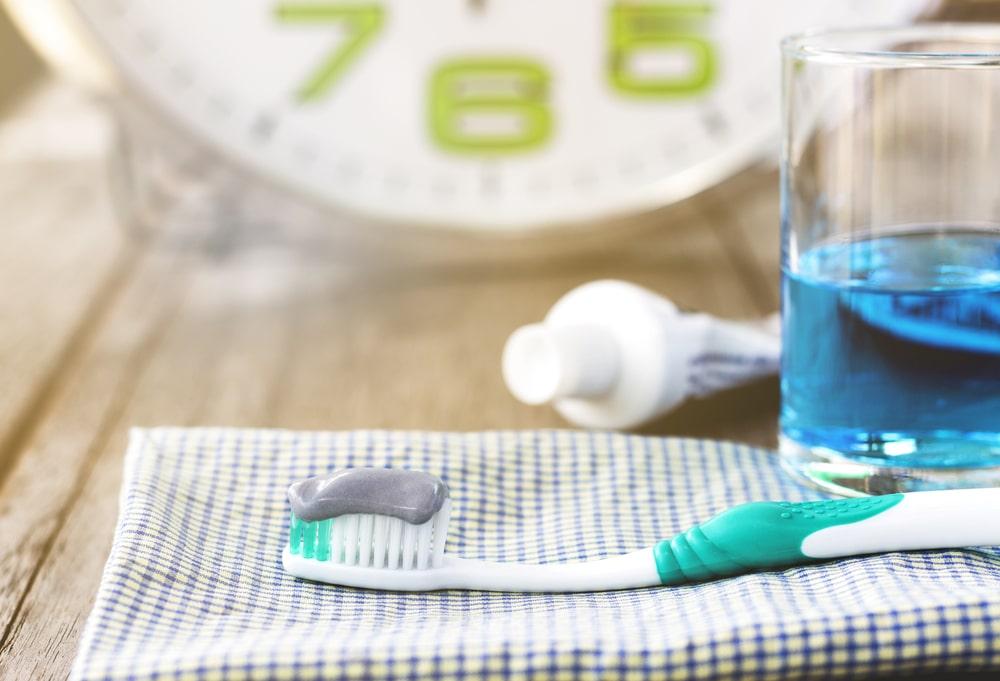Oral hygiene is not just about keeping your teeth healthy; oral bacteria have also been linked to colorectal cancer. How do oral bacteria enter the gut? Can mouthwash help? Shao-Hung Wang, a Taiwanese microbiology expert, discussed the relationship between oral bacteria, gut health, and cardiovascular diseases on The Epoch Times’ “Health 1+1” program and outlined methods for maintaining good oral hygiene.
A study published in the prestigious international journal Nature revealed that Fusobacterium nucleatum, an oral bacterium associated with gum disease, was found in the tumors of some colorectal cancer patients. This bacterium may promote the growth of colorectal tumors and increase the risk of cancer recurrence, leading to a poorer prognosis.






